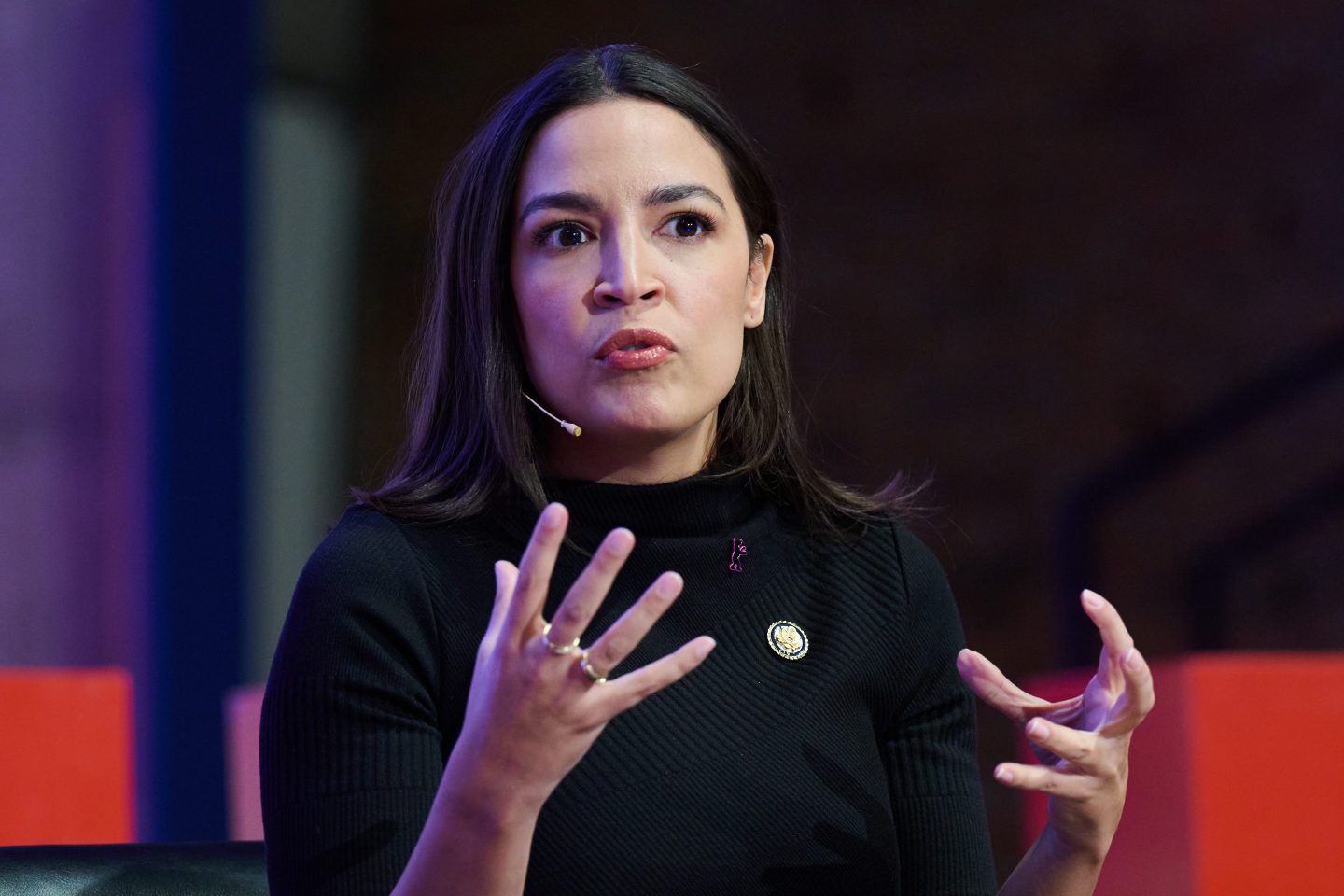The Republican-controlled Wisconsin state legislature is doing everything it can to limit the power of the state’s executive branch after a Democrat was elected governor in November.
Early Wednesday, the Wisconsin Senate approved legislation that will weaken the governing abilities of incoming Democrats Gov.-elect Tony Evers and Attorney General Josh Kaul. The State Assembly also approved the bill along party lines later on Wednesday. Outgoing Republican Gov. Scott Walker is expected to sign the legislation into law.
The measure effectively serves to strengthen the state legislature, both chambers of which will remain Republican-controlled. Should it pass, the bill could weaken both the governor and the attorney general’s ability to make certain decisions without approval of the state legislature. For example, Kaul could be prevented from withdrawing the state from a federal lawsuit against the Affordable Care Act, which was a central part of both his and Evers’ campaigns. The legislation, ultimately, could make it harder for future Democratic election wins.
This bill, along with a package of others, are part of Republican efforts in the state to try and ensure their legislative priorities can succeed despite Democratic control of the executive branch for the first time in eight years.
For his part, Evers called the move a “desperate” attempt to “cling to control,” accusing the Republicans of “putting politics before people.” He added that “Wisconsinites demanded a change on November 6th. I stand with the people of Wisconsin, and we will be taking any steps necessary to prevent power-hungry politicians from overriding the will of the people.”
Republicans in Michigan are considering a similar tactic to push legislation that would allow the state legislature to intervene in legal battles before the Democratic governor, attorney general, and secretary of state take office in January.
Politically divided Wisconsin and Michigan played key roles in the narrow 2016 presidential victory of Republican Donald Trump. In Wisconsin, 47.2% of voters chose Trump to Democratic candidate Hillary Clinton’s 46.5%. Michigan saw 47.5% of voters for Trump and 47.27% with Clinton.











